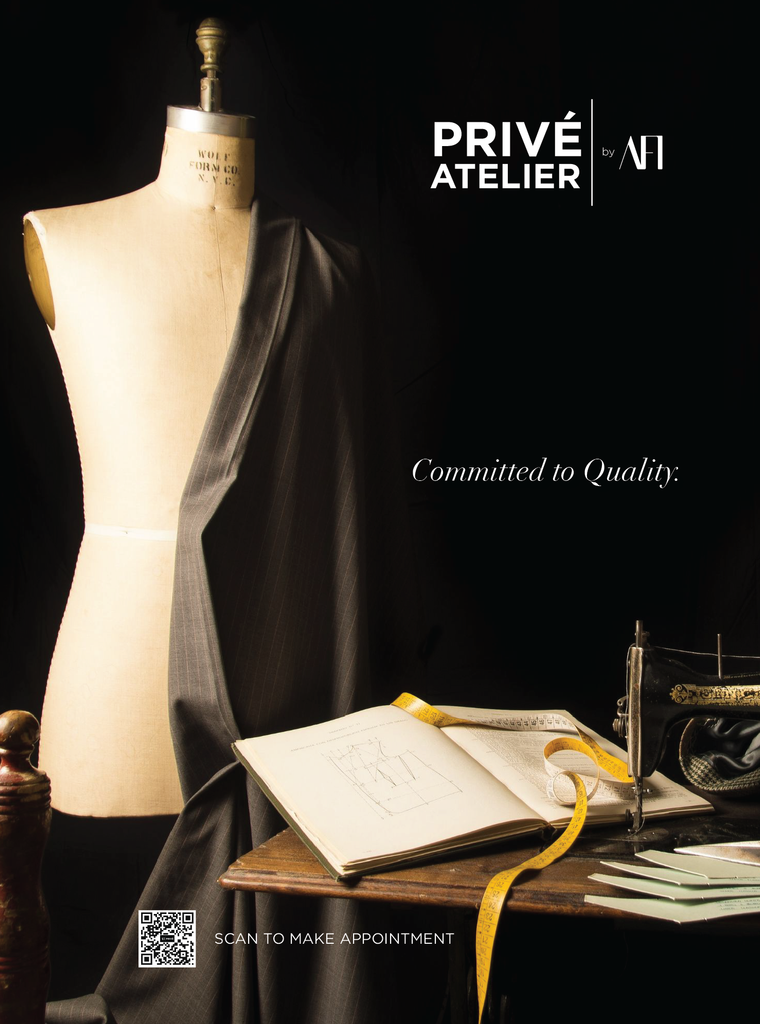
Dr Precious Moloi-Motsepe: The Contributions of Arts and Culture on Freedom Day
Share
Dr Precious Moloi-Motsepe
Founder and Chief Executive of Africa Fashion International
We are now thirty years into the journey towards freedom and prosperity for everyone. We should justly celebrate our successes, and also reflect on areas where we can and must do more.
In democratic South Africa, we’ve seen how the arts and cultural landscape grew with an expression of daring perspectives and fresh inspirations.
This transformative period saw stories become channels for healing, contemporary art proudly celebrating African heritage, music echoing notes of hope and triumph, and fashion emerging as a pivotal force in shaping a redefined South African identity.
I’ve been thrilled to witness numerous local designers gaining recognition both domestically and internationally.
But serious challenges remain, and we need to address them urgently.
In the aftermath of the global financial crisis, South Africa experienced the worst economic downturn since democracy.
The inherent fragility of the domestic fashion industry was highlighted by people like Bongiwe Walaza, who had no choice but to balance her passion as fashion designer with a profession in electrical engineering.
External pressures revealed cracks in our domestic industry, including high costs of production, insufficient innovation, and a lack of investment in manufacturing infrastructure.
These cracks remain today, and we have not been able to create jobs in the clothing sector over the last decade, despite important efforts such as the Retail Clothing Textile Leather Footwear Master Plan of government.
At Africa Fashion International (AFI), we’ve worked hard to harness the opportunity in disruption and to put innovation at the centre of what we do.
We are initiating uniquely South African spaces for the arts and cultural sector that cater to and welcome diverse audiences and foster constant co-creation.
Recently, we adjusted the fashion calendar to include pop-ups and fashion shows that create new fashion spaces that empower the customers and the broader fashion community. In these spaces the lines are blurred between creators and consumers, inviting everyone to participate in the creative process and to collectively shape the fashion experience.
We have also made commitments to sustainability across our work, such as in the latest denim collection launched by AFI’s in-house brand Privé.
This collection is a forward-looking expression of concern for what each generation will leave for the next. It encourages simplicity, solidarity, and sustainability to promote hope for a better future in South Africa.
The arts industry, rooted in reflection, teaches us to draw lessons from the past to better inform our actions in the present and future. The arts give us the imagination to rise above our differences and encourages us to find new and better approaches to resolve the challenges we face, together.
Designers such as Laduma Ngxokolo, Thebe Magugu, Rich Mnisi, and Mzukisi Mbane of Imprint ZA are some of the designers who are at the forefront of challenging the status quo.
They are pushing boundaries while fostering deeper connections into how we understand ourselves and how we relate to one another.

The arts and cultural industries have also played a meaningful role in amplifying the voices of marginalised individuals, especially those who have historically been sidelined in our society. These voices have been essential to reshaping our societal norms in democratic South Africa and will become equally relevant into the future.
I was delighted that Walaza recently made her return to the industry, at the 2023 AFI Fashion Week, where she told us, “Art is about freedom. When it comes to fashion, I can express myself and can use my collection to voice what I am concerned about.”

Her words underscore the importance of avoiding the isolation of the arts from other professional domains: artistic freedom must be supported through cultural zones where creativity is collaborative and harnessed for economic growth, development, and uniquely South African innovation.
As we celebrate Freedom Day and thirty years of freedom, let us celebrate our human creativity, our ability to grow together, our ability to set a course and steer for it.
This article was first published on IOL Business Report.

